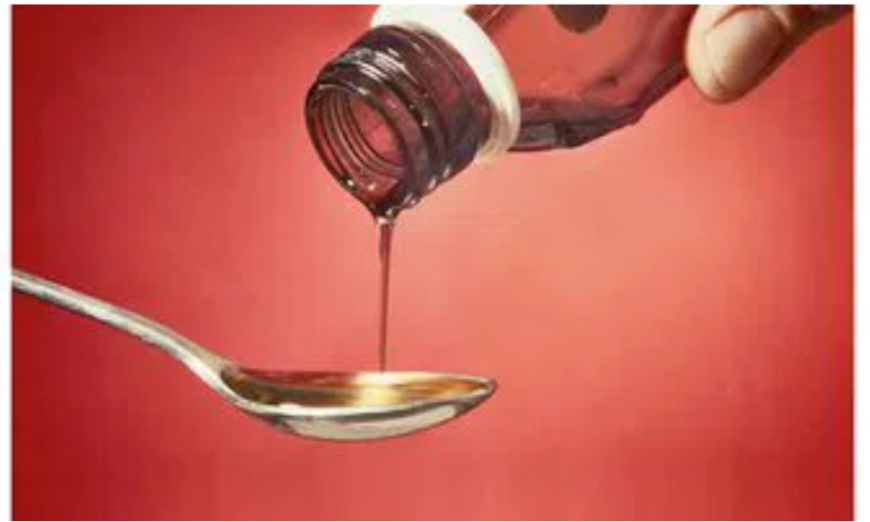A new drugs bill will be taken up for consideration next week on rules for importing, manufacturing and selling medicines in India, according to a parliamentary notice on Thursday. This comes after cough syrups made in India were linked to the death of at least 89 children in Gambia and Uzbekistan last year.
The Health Ministry issued a notification in this regard. The Centre has banned 14 fixed dose combination (FDC) drugs in the country saying that there is “no therapeutic justification” for these medicines and they may involve “risk” to people. 04-Jun-2023.
The World Health Organization (WHO) banned four India-made cough and cold syrups and issued a medical product alert saying that they are possibly linked to the deaths of 66 children in Gambia. The children died due to acute kidney failure.
The four cough and cold syrups which are banned are Promethazine Oral Solution, Kofexmalin Baby Cough syrup, Makeoff Baby Cough syrup and Magrip N Cold syrup. They are manufactured by the Haryana-based Maiden Pharmaceuticals Limited.
WHO in its alert said that laboratory analysis of samples of each of the four products confirmed that they contained unacceptable amounts of diethylene glycol and ethylene glycol as contaminants.
India will allow the export of cough syrups only after samples are tested in a government laboratory, a government notice said on May 23, after Indian-made cough syrups were linked to the deaths of dozens of children in Uzbekistan and Gambia.
Any cough syrup must have a certificate of analysis issued by a government laboratory before it is exported, effective June 1, the government said in a notice shared by the Health Ministry on May 23. Indian-made cough syrups were linked to the deaths of 70 children in Gambia and 19 in Uzbekistan last year.
Two other widely available chemicals, ethylene glycol and diethylene glycol, look and taste like propylene glycol. They have the same solvent properties but are much less expensive. They are also toxic in small doses, especially to children whose low body weight makes them more vulnerable. The medicines sold in Gambia contained both.
Mass deaths from syrup tainted the same way have occurred more than a dozen times in recent decades — in Haiti, Panama, Nigeria, India and elsewhere. But Gambia was the first time imported medicine was involved. In the earlier cases, the adulteration often happened when a chemical trader sold the toxic substances mislabeled as propylene glycol and a careless manufacturer failed to check for contaminants.
After reviewing the records, the inspectors concluded that Maiden had not been conducting these lab tests, the notice shows. They ordered the plant temporarily shut.
The next step, if Indian authorities had followed the playbook used by regulators elsewhere, would have been to trace the bad chemicals to their source. Only then could they chart the full extent of the outbreak and identify any other drugs that might be poisoned.
Four days after inspectors visited Maiden, the WHO made a public statement linking the deaths in Africa to Indian drugs. The news was picked up around the world, and TV cameras swarmed the plant. There were calls for reforms of the Indian drug control system.
When asked for comment, the health ministry said the drugs hadn’t been authorised to be sold in India, only abroad. And it pointed a finger back at Gambia. “It is a usual practice,” the ministry said, “that the importing country tests these imported products on quality parameters.”

